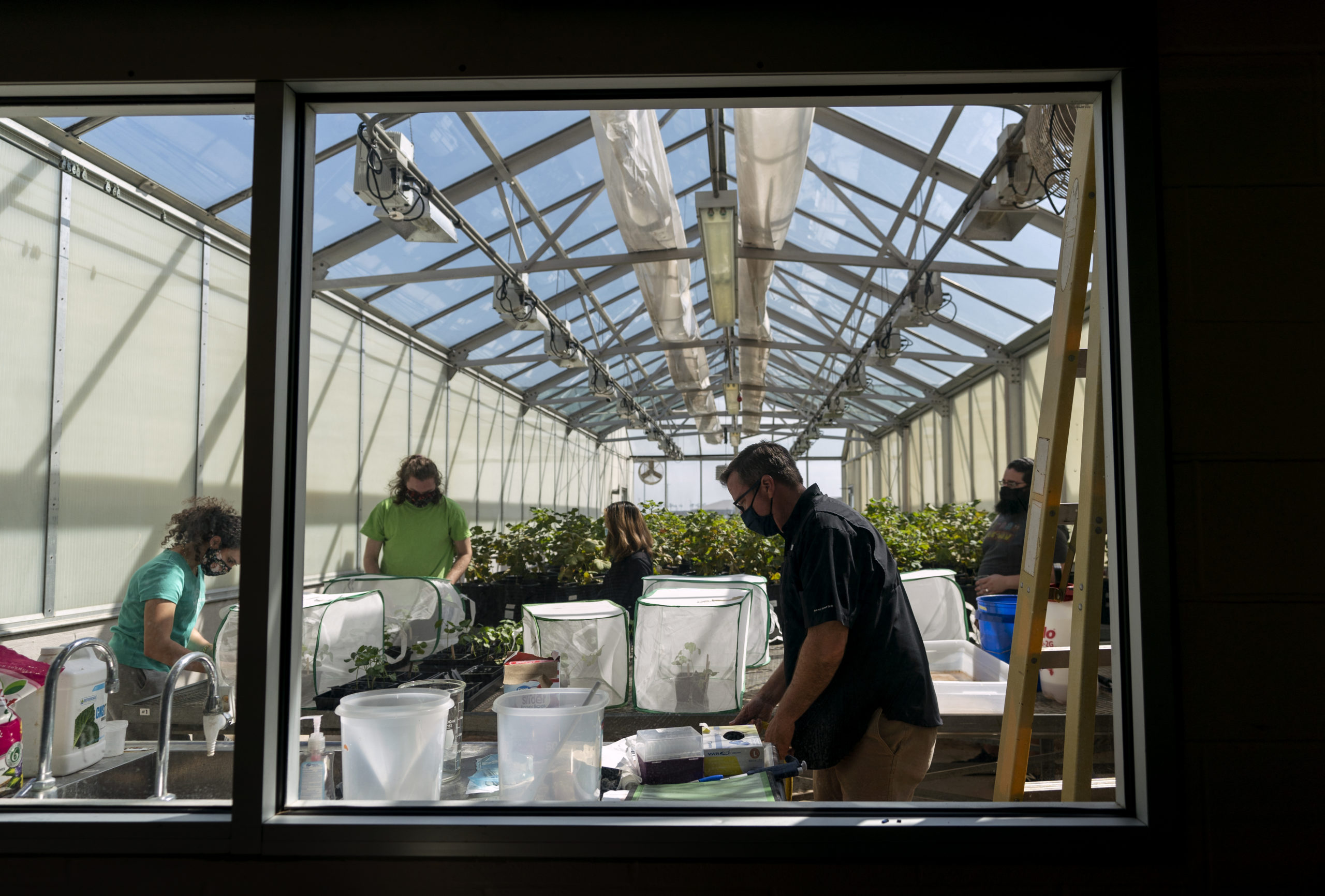
Undergraduate Research Opportunities
Broadening Participation in Entomology – REEU Program
The department’s Research and Education Experiences for Undergraduates (REEU) program, began in 2021 with support from the USDA’s National Institute of Food and Agriculture (NIFA), through the Agriculture and Food Research Initiative (AFRI).
The goal of this program is to provide Tier-1 research experiences that improve students’ problem-solving abilities, and critical and creative thinking and communications skills to prepare them for competitive graduate programs and/or jobs within agriculture and natural resources fields.
The Entomology REEU program has welcomed undergraduate students from Prairie View A&M University (PVAMU), Texas A&M University-Kingsville (TAMUK), The University of Texas at San Antonio (UTSA), The University of Texas Rio Grande Valley (UTRGV), and Texas A&M University (TAMU), and accepts applications from students enrolled in any HSI (Hispanic Serving Institutions) and HBCU (Historically Black Colleges and Universities) universities in Texas.
Participating Research Projects
The following faculty members and labs accept undergraduate students to participate in research projects through the REEU and REU programs.
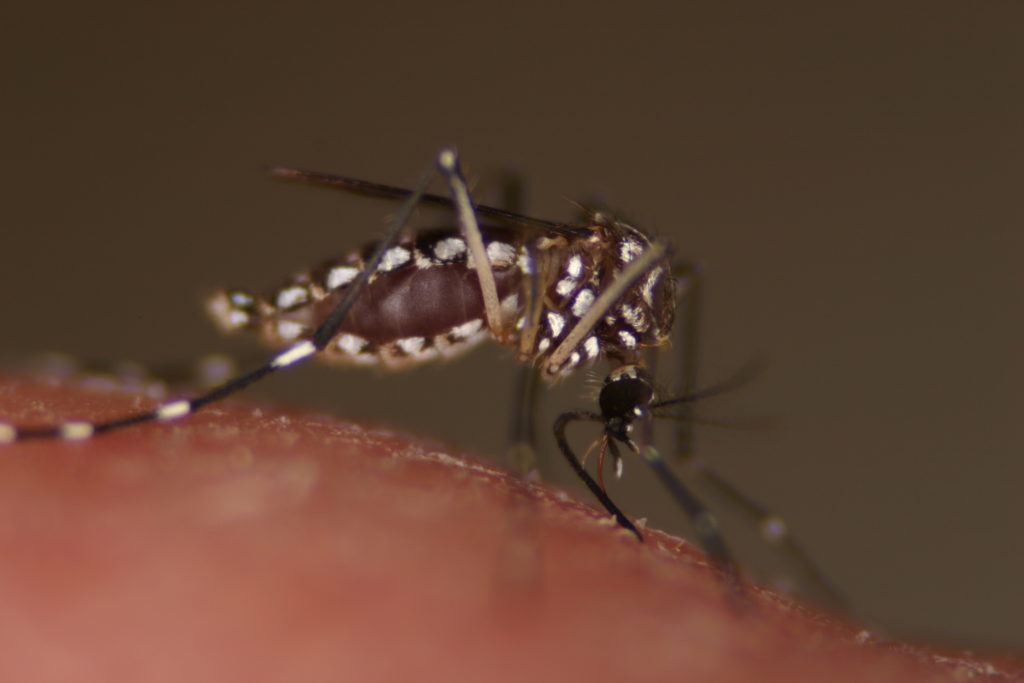
Analyzing Phenotypes of mutations in genes involved in DNA Repair, immune defense, sexual development, bloodfeeding and digestion in the mosquito
Zach Adelman, Ph.D.
Possible Projects for an REU student would focus on analyzing the phenotypes of CRISPR/Cas9 mutations in genes involved in DNA repair, immune defense, sexual development, bloodfeeding and digestion in Aedes aegypti mosquitoes.
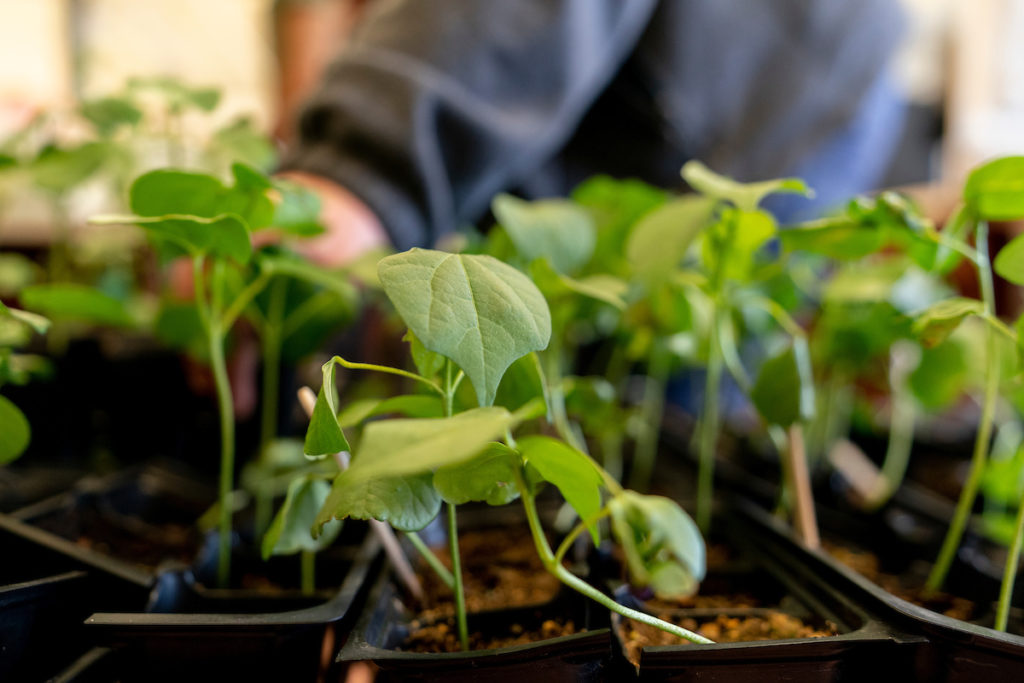
Chemical Ecology
Anjel Helms, Ph.D.
Potential projects in Dr. Anjel Helms’ lab include understanding more about the relationships between plants and beneficial microbes and the chemical compounds that mediate these interactions.
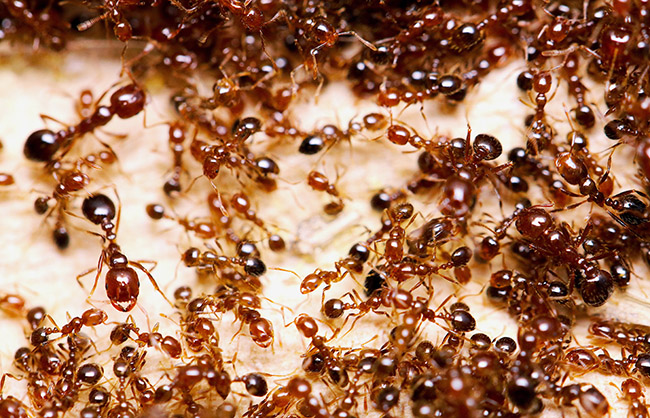
Ecology and Population Genetics of Urban Ant Pests and Termites’ interaction with Wood Rot Fungi
Edward Vargo, Ph.D.
Dr. Vargo’s lab has opportunities for potential research projects in the area of the biology and management of urban pests. One area of active research is on the ecology and population genetics of urban ant pests. Another project focuses on the interaction of termites and wood rot fungi. Students will also be involved in a project on studying the molecular basis of density-dependent phenotypic plasticity in locusts.
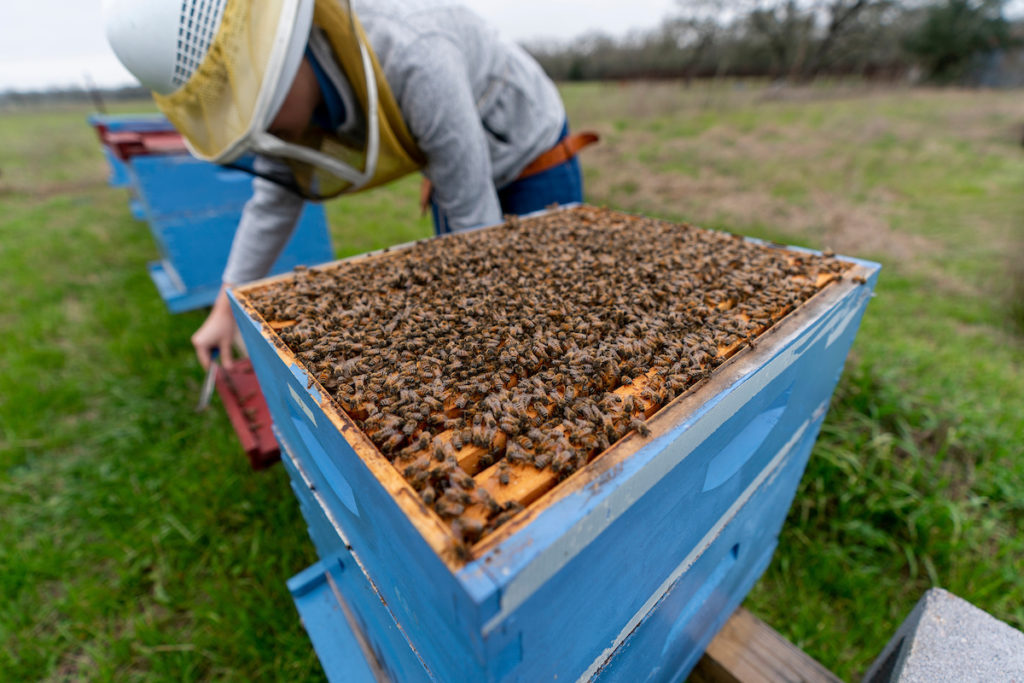
Honey Bee Research
Juliana Rangel, Ph.D.
Potential projects in Dr. Juliana Rangel’s lab include: Determining the types and levels of honey bee-associated viruses in feral Africanized honey bees compared to nearby managed honey bees; Testing the efficacy of various protein supplements and their effects of these supplements on colony growth and performance; Measuring the pollination efficacy of honey bee colonies when placed in fields of specialty crops; and testing the effects of poor nutrition on honey bee queen and/or drone reproductive quality.
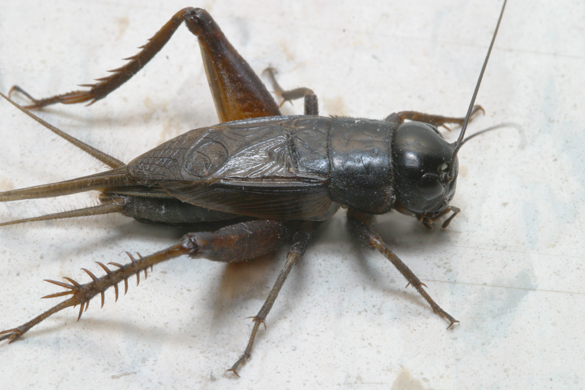
Molecular basis of acoustic communication in crickets and katydids
Hojun Song, Ph.D.
The students joining Dr. Song’s lab will be involved in a project on studying the molecular basis of acoustic communication in crickets and katydids. Students will also be involved in a project on studying the molecular basis of density-dependent phenotypic plasticity in locusts.
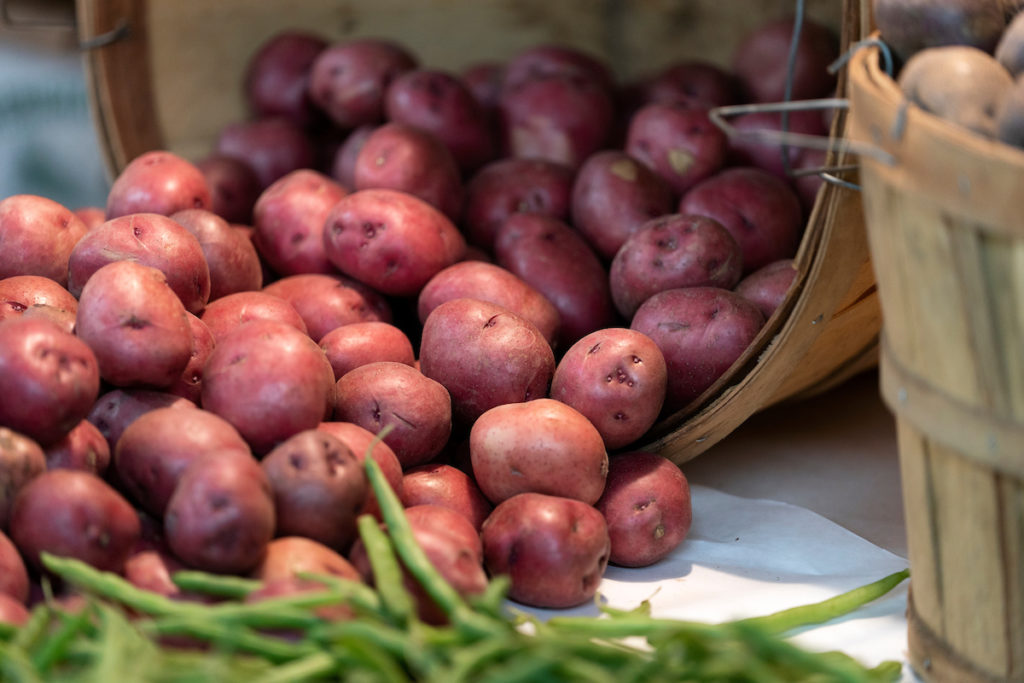
Molecular interactions among Candidatus Liberibacter solanacearum, the potato psyllid, and host plants
Cecilia Tamborindeguy, Ph.D.
The student joining Dr. Tamborindeguy’s lab will contribute to their research, studying molecular interactions among ‘Candidatus Liberibacter solanacearum’, a bacterial pathogen, its vector, the potato psyllid, and its host plant. Students will learn about entomology, plant physiology and microbiology and gaining practical experience in identifying protein-protein interactions, and performing gene expression analyses, PCR and cloning.